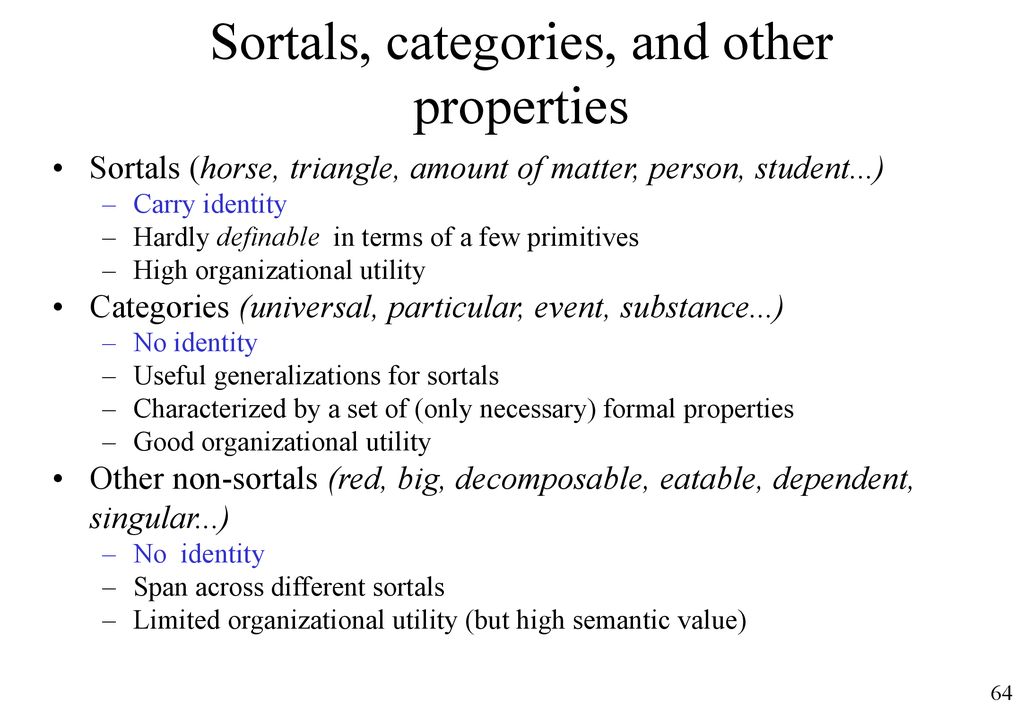In a valid argument, it is not possible that the conclusion is false when the premises are true. Or, in other words: In a valid argument, whenever the premises are true, the conclusion also has to be true.
This article is part of a series on Logic and Critical Thinking. Find all the articles in this series here.
If you like reading about philosophy, here’s a free, weekly newsletter with articles just like this one: Send it to me!
We use “valid” in many different ways in everyday life. We say things like “that’s a valid point,” or “his credit card number was not valid.” But in logic, “valid” has a very special meaning. Read on to learn how to use “valid” for arguments.
What does “valid” mean?
In a valid argument, it is not possible that the conclusion is false when the premises are true. Or, in other words: In a valid argument, whenever the premises are true, the conclusion also has to be true.
Easy enough. Every argument consists of a number of statements, called the premises, which together offer support for the belief that another statement, called the conclusion, is true. For example:
Premise 1: If I am hungry, I will go to the restaurant down the street.
Premise 2: I am hungry.
Conclusion: I will go to the restaurant down the street.
Here, the premises, taken together, support the belief that the conclusion is true.
It is important that in a valid argument the premises make it certain (not only likely) that the conclusion is true. In the example above, assuming that the premises are true, the conclusion must also be true. If the conclusion was not true, then at least one of the premises would also not be true.
An argument like that is called a deductive argument. On the other hand, if the premises only make it likely, but not certain, that the conclusion is true, then the argument is called an inductive argument. For example:
Premise 1: If I am hungry, I sometimes go to the restaurant down the street.
Premise 2: I am hungry.
Conclusion: I go to the restaurant down the street.
Here it is not certain that I will indeed go to that restaurant, because I do so only sometimes. So this time might be one of the times where I don’t go there. From this argument alone it is not possible to be sure about whether I will go to that restaurant or not.
Invalid and not-valid arguments
It is important to see that only deductive arguments can be valid. Do you see why? We said that:
In a valid argument, it is not possible that the conclusion is false when the premises are true.
And also that a deductive argument is one where the conclusion is certain; while an inductive argument is one where the conclusion is probable, but not certain.
Now, if we require that “it is not possible” that the conclusion is false when the premises are true, then necessarily we need valid arguments to be deductive, since only deductive arguments allow us to be certain …
Read the full article which is published on Daily Philosophy (external link)







